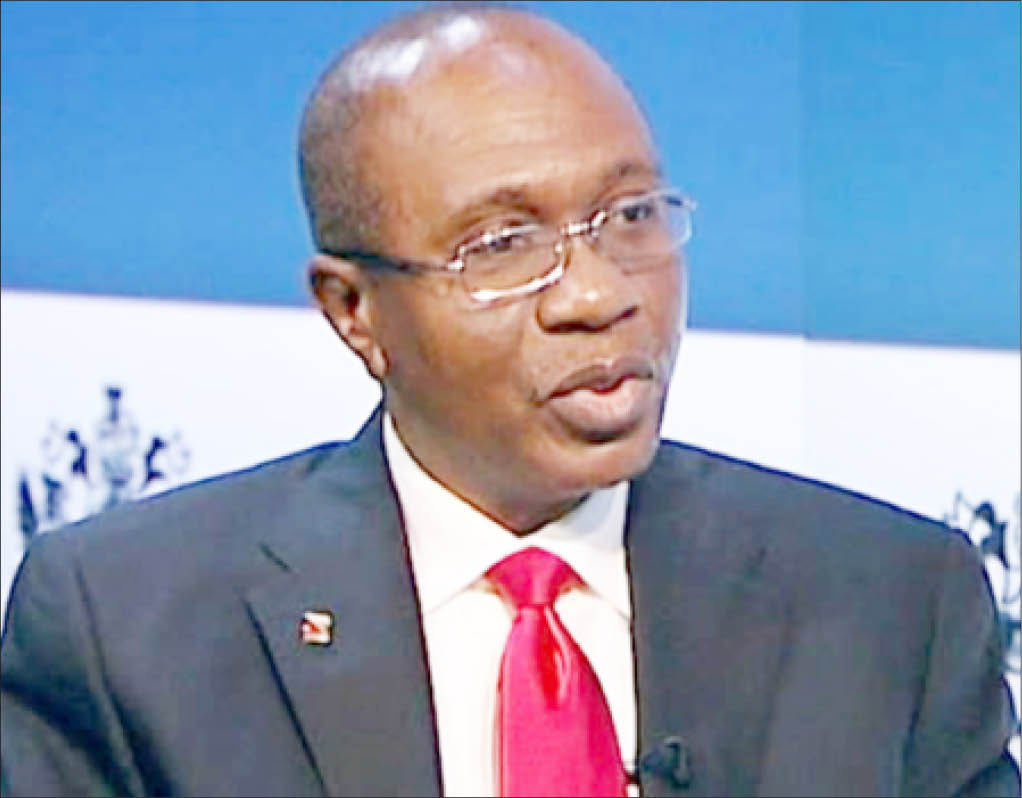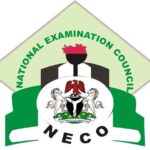Everyone appointed to the post of the governor of the Central Bank of Nigeria brings his unique makeup and inclination to that office. Indeed, the position of a central bank governor, according to David Smick in his book, The World is Curved, has been elevated to a “cult” status.
“It almost doesn’t matter who assumes the role of the chairman of the Fed; that person becomes the central focus of the cult. All-seeing and all-knowing, he can do no wrong. It is questionable, however, whether this cult status is good for today’s turbulent financial markets where it is increasingly impossible to see and know all,” Smick declares.
Not everybody will accept this assertion, but Smick was probably referring to the tenure of Alan Greenspan, whom Time Magazine said had “inspired an odd cult of personality” while he served as the Fed Chair.
The status of the governor of the CBN has actually been elevated by the personalities who have occupied it at one time or the other since June 2006: Prof Charles Soludo, Sanusi Lamido Sanusi and the current occupant, Godwin Emefiele.
Soludo came as a consolidation agent, to strengthen a tottering banking system by weeding out weak lenders. He rescued the nation’s banking system from imminent collapse. Sanusi came as a cleanser to purge the system of wrongdoings and put it on a growth trajectory.
Sanusi is a man with many parts. He has been able to raise the status of that chair to one that should be acknowledged for what it stands for. He confronted the National Assembly over the legislature’s undue share of the national budget. He raised alarm over the predominance of recurrent expenditure over capital expenditure in a nation in dire need of infrastructure for real growth.
Today, one of the prescriptions for curbing executive excesses and strengthening public policymaking is to build strong institutions rather than strong individuals. While individuals come and go, even if they hold offices for life, institutions remain.
Of course, Sanusi pointed out that an institution “is not a building; it’s a set of rules.” Those rules ensure the stability of the system, even long after those who initiated or established them are gone. And to him, the CBN Act of 2007 established the basis for a truly independent central bank. Thus, as he prepared to leave office in 2014, just after one term, he was confident that his successor would continue in the direction he and the four deputies had set the bank. “I do not think that the movement of a governor should change that direction.”
Emefiele is the development man! In his maiden press briefing on June 5, 2014, Emefiele stated quite clearly that his mission was to build a “Central bank that is professional, a central bank that is apolitical, and people-focused”. His ascendancy to the hot seat was unique in some ways. Unlike both Soludo and Sanusi, he did not have a major crisis that needed emergency surgical operations.
Development banking is hinged on relatively cheap capital being channeled to selected sectors of the economy. The cost of the funds for this purpose has to be lower than the average cost of funds in the market. As Emefiele noted in his speech, many nations are employing this strategy today to drive growth and development in their economies although they may not apply the term development banking.
The question, therefore, is not really who will become the CBN governor or what qualifications he holds. While qualification and experience are indeed important, the make-up of the fellow is much more important, especially given the power that the BANKS AND OTHER FINANCIAL INSTITUTIONS ACT (1991 and subsequent amendments) and the CBN Act of 2007 conferred on him. By making him chairman of the bank’s board, the Act unwittingly gave the occupant such unlimited power that could become a dangerous weapon, if it is misused. After all, power is as good or bad as the mind of the person that holds it.
When the National Assembly attempted to amend the provisions of the CBN Act, officials of the bank, and many of the past leaders, including former governors, protested. They said the move would whittle the powers of the institution, which would in the end make it an appendage of the Executive arm of the government.
The central bank governor does indeed wield enormous powers which his position confers on him or her. I recall a question that my former editor based in Johannesburg asked me on August 14, 2009, the day Sanusi sacked five bank CEOs along with their executive directors. That was the day that Nigeria’s financial system came to a standstill at the beginning of Sanusi’s cleaning exercise.
As I dictated to my editor over the phone the breaking news of the sack of the five bank chiefs, while standing in front of the central bank building on Customs Street, Lagos, he asked: Can the governor sack a bank chief? I answered him “yes”. That power is contained in Section 33 of BOFIA 1991. This is also found in Section 34, subsection (i) of BOFIA 2020, which confers on the governor the power to “Remove from office, with effect from such date as may be set out in the order, any director of the bank; or (ii) appoint any person or persons as a director or directors”.
About a month later, on September 17, 2009, Sanusi paid a visit to the Nigerian Stock Exchange (now Nigerian Exchange Limited) for what was dubbed a Town meeting. In the aftermath of the events of August 14, 2009, the brokerage community had come under severe attack. The stock market was deeply involved in the margin loans debacle that had led to tons of toxic assets in the banking industry.
At the meeting, the stockbrokers complained to Sanusi that the banks had, in the aftermath of the big stick wielded by the regulator, turned to them, asking for payments without regard to whatever agreements that may have been entered into by both parties. So, they sought his intervention.
Sanusi was sympathetic but firm. “The kind of leverage that you took was highly irresponsible,” he told the brokers, looking at them eyeball to eyeball.
Part of a central bank governor’s powers derives also from the fact that a neophyte in the world of finance and economics is quite unlikely to be appointed to that position. So even before one gets there, he or she would already have become a known figure, and once on the job, it is a matter of time before the guy settles down and begins to make an impact.
This should apply, in my thinking, whether the occupants of the post are coming into office as career bankers or academics. Experience is often the basis of the appointment. This experience could have been gained in the industry or in academics, or both.
So, the person to occupy this position must be versed in both the macro and microelements of the economy and how they interact to determine the performance of the system. He should understand the dynamics of an economy, which is crucial to policy formulation and timing of implementation. He should understand high finance, mergers and acquisitions, and the roles they play to ensure survival in the corporate world, including the banking industry. A central bank governor must understand the intricate web of relationships between variables that make economics both interesting and challenging.

 Join Daily Trust WhatsApp Community For Quick Access To News and Happenings Around You.
Join Daily Trust WhatsApp Community For Quick Access To News and Happenings Around You.


